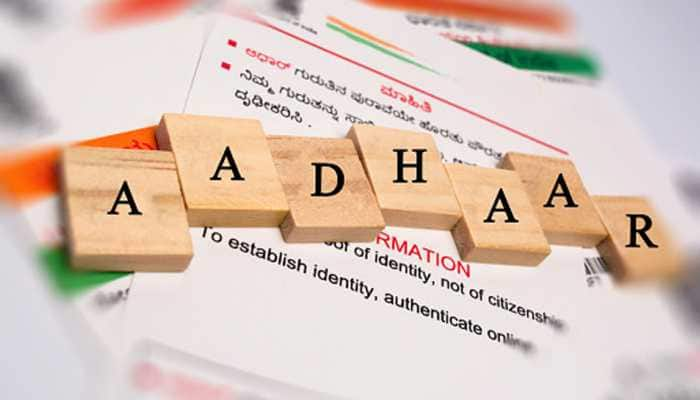Union Budget 2017: A Budget of many firsts
The presentation of Union Budget has a couple of factors for consideration this year that makes it distinct.
Trending Photos
)
Finance Minister Arun Jaitley is all set to present the Union Budget 2017 on February 1, a month earlier than usual.
The presentation of Union Budget has a couple of factors for consideration this year that makes it distinct– the presentation of Budget after the bold and historic decision of demonetization, the advancement of date, the merger of Railway Budget, GST deadlock et al.
Merger of Rail Budget with Union Budget
Ending a nearly century-long practice, the government has decided to scrap a separate Budget for Railways and merge it with general Budget, presentation of which will be advanced to spur spending and boost economy.
With the merger of the Railway Budget there would be a single Budget which would holistically depict the financial position of the Government of India.
The decision of merger has been criticised on the front that it will create more bureaucratic hurdles for the Rail ministry as it would strip it off its financial autonomy –something that the Railway Ministry has vehemently denied.
However, on the positive side, the move will aid in faster implementation of decisions announced in the Budget, boost business sentiment and curtail the pressure from populist demands on Railways.
Moreover, in the past, it has been widely seen that almost every Railway Minister, particularly in coalition governments, had addressed his/her constituencies by doling out favours by way of new trains and projects.
Advancement of presentation of Budget Date
As against the colonial-era tradition of presenting Budget on last day of February the date of presentation of Budget has been advanced by a month.
The advancement of Budget date has been done to help complete the legislative approvals for the annual spending plans and tax proposals before the beginning of the new financial year on April 1.
Presently, the Budget approval process happens in two parts extending to the second or third week of May, hampering early implementation of schemes and spending programmes.
The advancement of the Budget date will require completion of the legislative processes before 31 March. Hence the the entire Budget cycle will be will be advanced. Analysts believe that this will enable better planning and execution of schemes by ministries and departments from the beginning of the financial year.
Another argument that is supportive of the advancement of the Budget date is that with the change in Budget presentation date, proposals can be implemented and expenditure started from 1 April itself.
As was the earlier practice that Budget was presented on the last day of February and it was not until mid-May that the Parliament approved it in two parts. The consequence of which was that most of the schemes and spendings by states would not take off until October, leaving just half a year for their implementation.
GST Challenge
While the government is keeping its hope up on the passage of Goods and Service Tax (GST) from Rajya Sabha too, the upcoming Budget will be sort of a challenging task for the finance minister as to how he decides on the indirect tax regime.
The GST regime, touted as the most important indirect tax reform since Independence, aims to integrate central excise, service tax and state value-added tax.
The revenue estimates for 2017-18 based on GST’s implementation date will also have to be worked out by the finance ministry. It is most likely that the finance minister will be factoring in revenue collections based on the GST rates that the government will announce for the next year.
The government was targeting to roll out GST from 1 April 2017, however, in most likelihood and with with a delay in finalising supporting legislations, the deadline doesn't seem approachable.
The Demonetisation reward
Ever since the demonetisation of Rs 500 and Rs 1,000 notes, there has been speculation that the government may resort to some direct tax cuts to lessen the pain inflicted on the common man in the upcoming Budget.
Hopes are high that that Jaitley will make a string of announcements in the Budget to minimise the demonetisation affect for the common man and more so –the farmers.
And only the big day will tell as to what Finance Minister Jaitley has in store for us.
Stay informed on all the latest news, real-time breaking news updates, and follow all the important headlines in india news and world News on Zee News.
Live Tv







)
)
)
)
)
)
)
)
)
)
